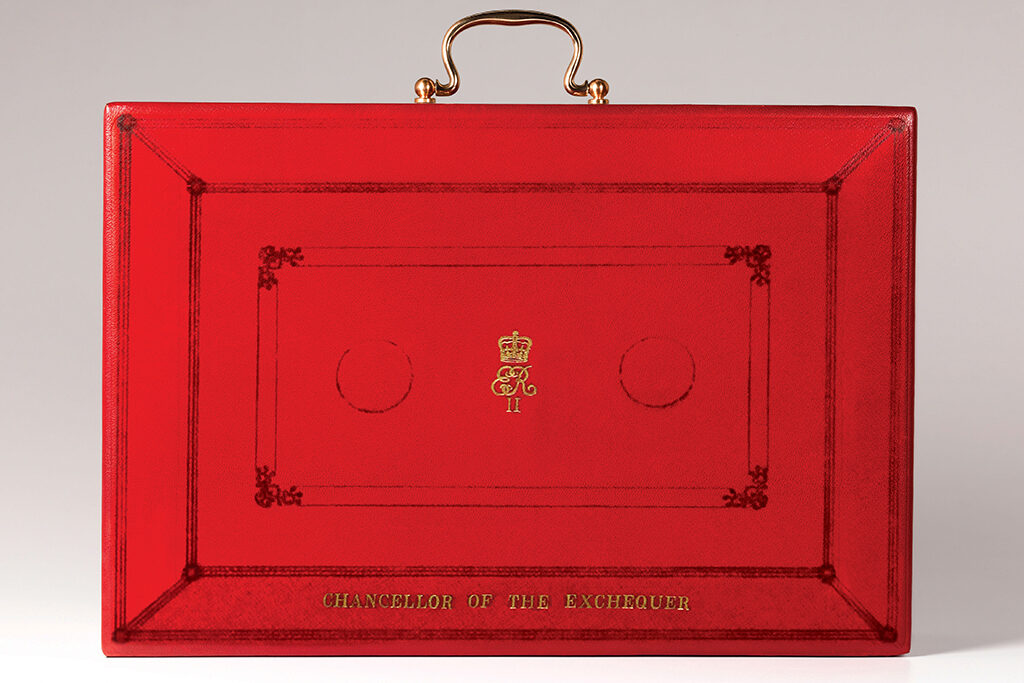The government has announced a 1.2 percentage point rise in employers’ national insurance (NI) contributions, but has taken measures to protect small businesses from the rise.
In today’s Budget, chancellor Rachel Reeves said that the employers’ NI rate will increase to 15 per cent from April next year.
In addition, the threshold at which employers start paying NI on each employee’s salary will drop from £9,100 to £5,000.
Reeves said: “I know that this is a difficult choice. I do not take this decision lightly.
“We are asking businesses to contribute more, and I know that there will be impacts of this measure felt beyond businesses too… but in the circumstances that I have inherited it is the right choice to make.
“Successful businesses depend on successful schools, healthy businesses depend on a healthy NHS and a strong economy depends on strong public finances.”
Reeves said that the increase in the employers’ NI rate, combined with the lowering of thresholds, would raise £25m for public services.
But she also announced that the employment allowance will rise from £5,000 to £10,500.
She said: “This means 865,000 employers won’t pay any national insurance at all next year and over one million will pay the same or less than they did previously.
“This will allow a small business to employ the equivalent of four full-time workers on the national living wage without paying any national insurance on their wages.”
Breaking spending announcements
- £1bn of investment to remove dangerous cladding next year
- Funding for tunnelling for HS2 from Old Oak Common to Euston
Check back on Construction News for updates later today
Seb Maley, chief executive at insurance firm Qdos, said: “Any hike in the cost of hiring employees will likely lead to an increase in the use of the self-employed – particularly in the construction industry, which already benefits from the flexibility these workers offer.
“While it may create problems for construction firms, it could be viewed as good news for the self-employed in this space.
“Increased employers’ NI could force businesses to rethink their hiring strategies and increase their use of sole traders, engaged off-payroll.”
In this scenario, Maley said that construction firms should rigorously review the employment status of workers to avoid being hit with huge bills made up of missing employment taxes.
Reeves also chose not to freeze tax thresholds beyond those announced by the previous government. From 2028/29, personal tax thresholds will be uprated in line with inflation.
The chancellor also said that the interest tax rate on unpaid debt to HMRC would rise.

